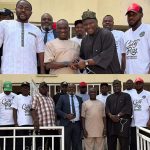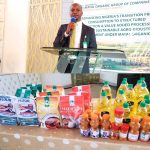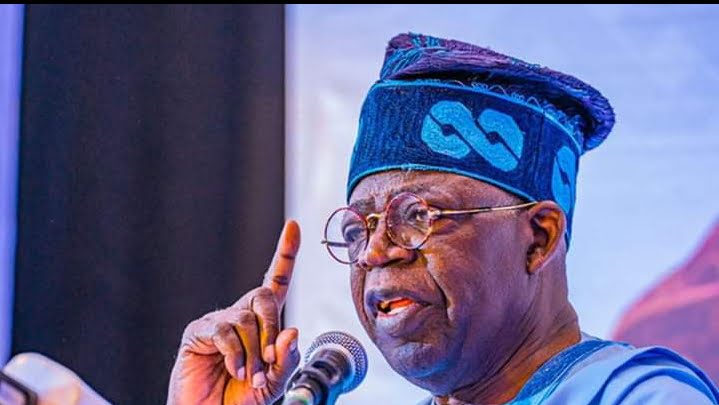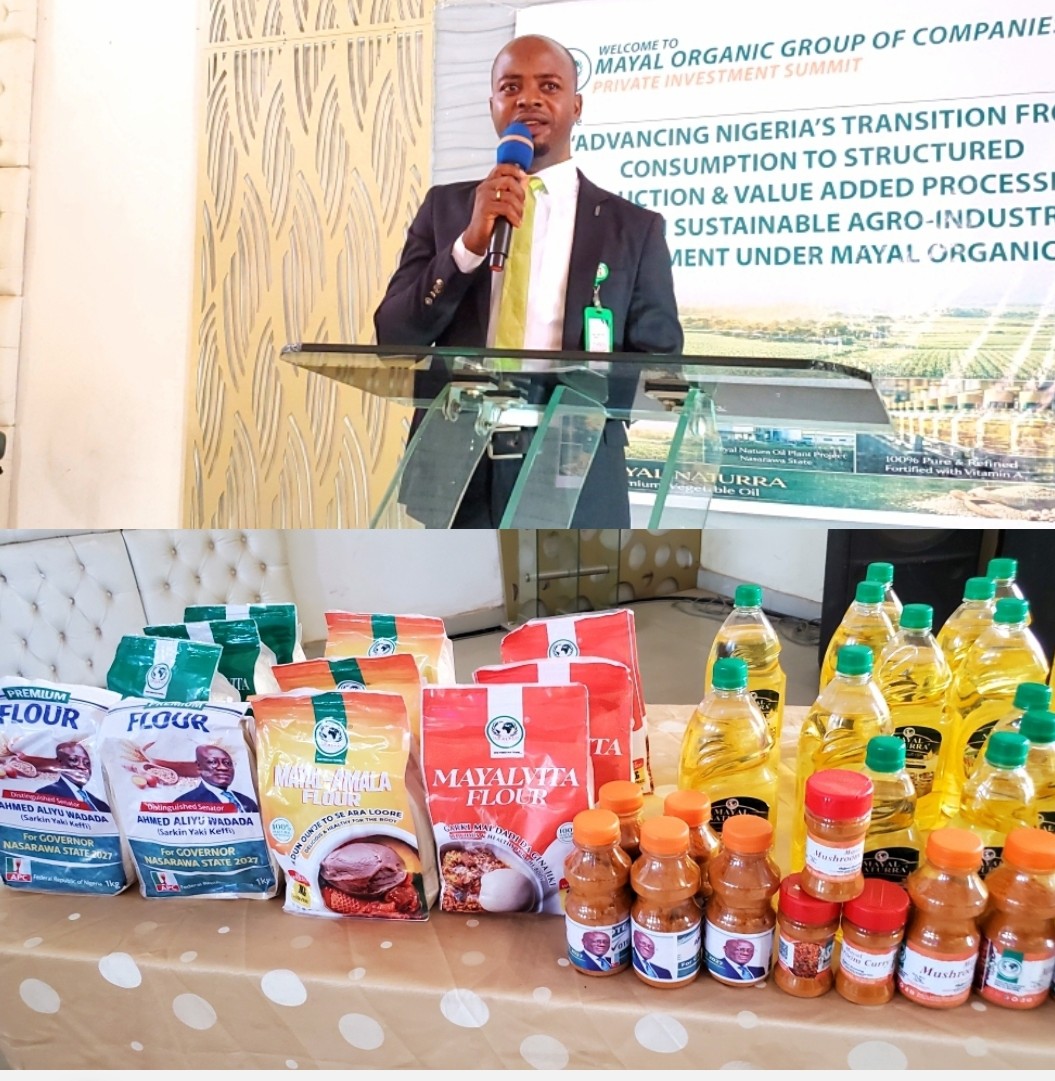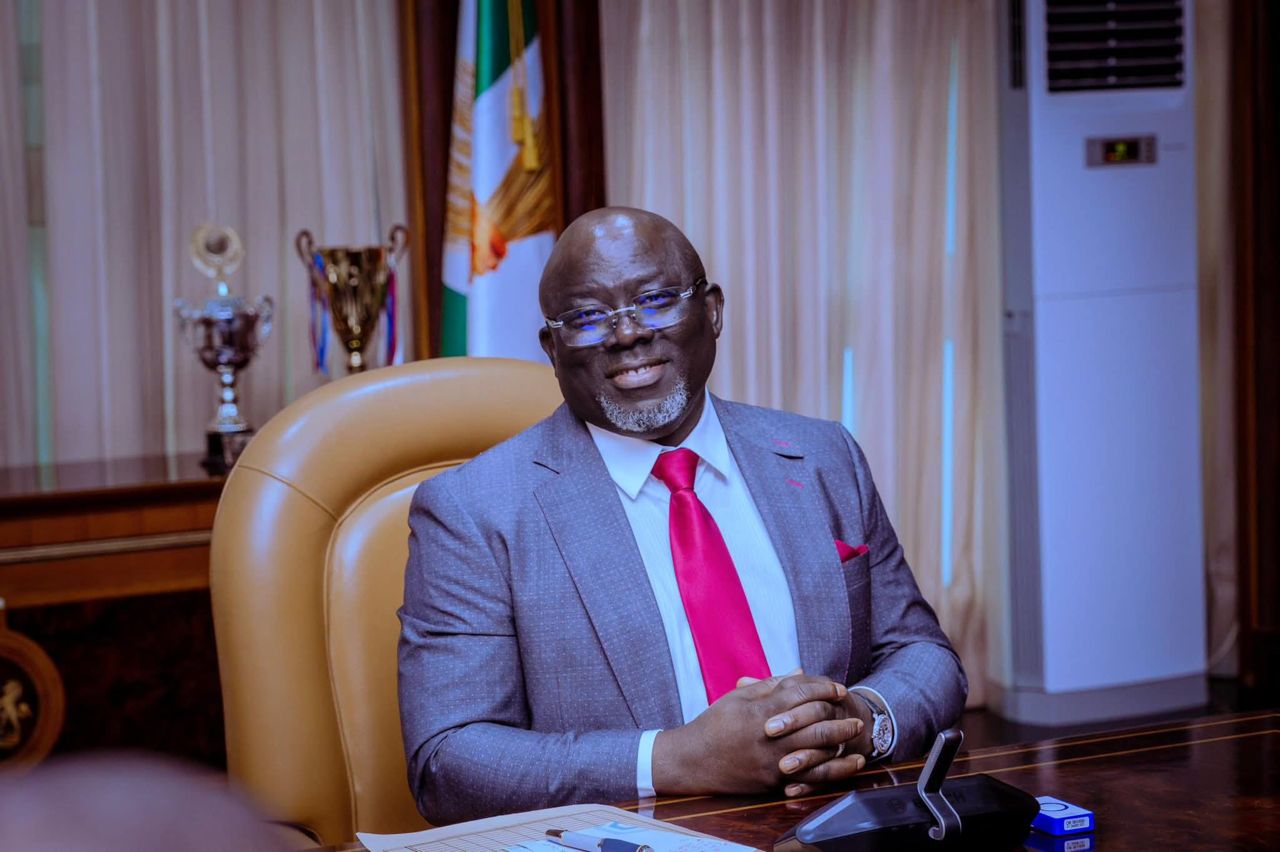Two Years After Subsidy Removal: Nigeria Faces Hardship Despite Increased State Revenue
Two years after President Tinubu removed Nigeria’s petrol subsidy, the country continues to face severe economic hardship.
The subsidy removal led to a sharp increase in fuel price; petrol prices surged from about N185 to over N1000 per liter; triggering widespread inflation and a higher cost of living, with food and transportation costs more than doubling in some cases.
While the subsidy was costly and largely benefited the wealthy, its removal was expected to free up billions of naira for development, with subnational governments receiving significantly increased federal allocations, especially in the Southwest. Lagos State, for instance, implemented wage increases and social programs like free maternal healthcare and transport fare reductions to ease the burden.
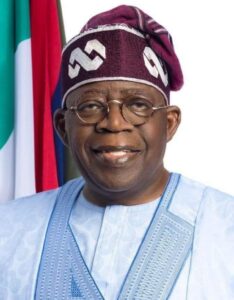
However, despite these measures, many Nigerians still experience hardship, insecurity, and economic distress. Inflation remains high (over 28% in early 2024), and the expected fiscal gains have been partly offset by factors such as exchange rate fluctuations and incomplete fuel price adjustments, risking a resurgence of implicit subsidies.
Experts and the World Bank emphasize the need for compensatory social programs to protect vulnerable households from the subsidy removal’s immediate impacts, warning that without such support, many could fall deeper into poverty.
The reforms are seen as necessary for long-term macroeconomic stability but have yet to translate into widespread relief for ordinary Nigerians.
